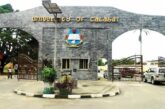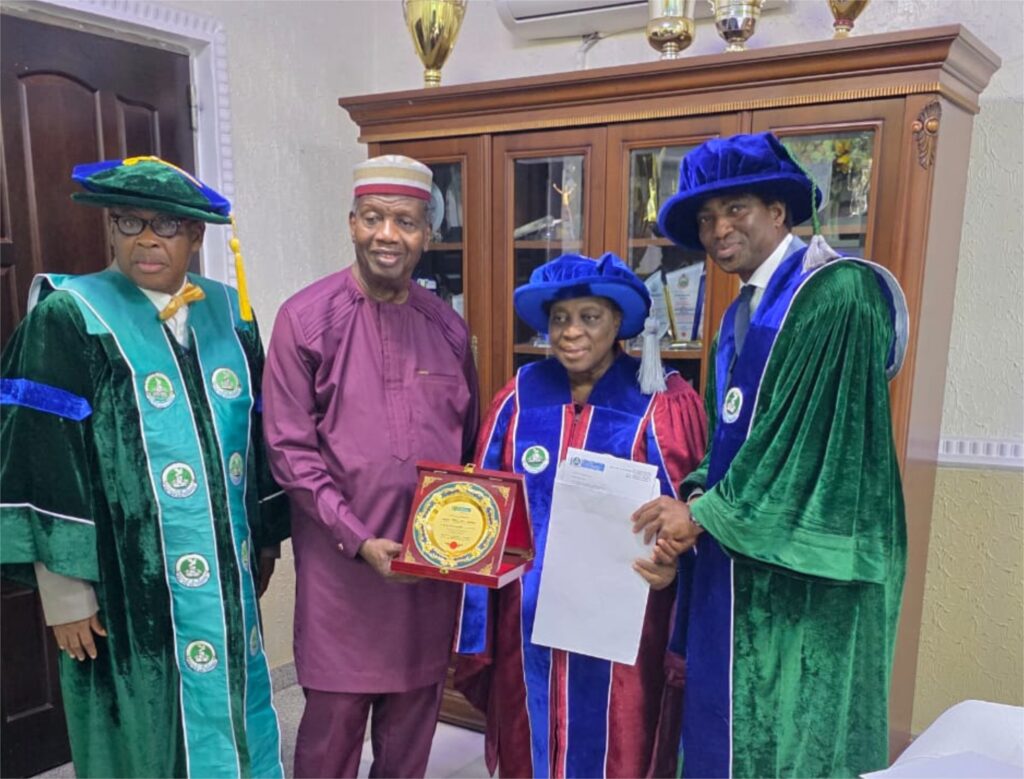
The Federal Executive Council on Wednesday approved the printing of 1 million science textbooks for distribution to all public secondary schools nationwide.
The Minister of State for Petroleum Resources (Gas), Ekperikpe Ekpo, told journalists that the programme targets areas of deficiencies in critical subjects such as physics, chemistry, biology, mathematics and computer science.
This followed a memo tabled by the Minister of State for Petroleum Resources (Oil), Heineken Lokpobiri, on behalf of the Petroleum Technology Development Fund.
He explained that the initiative seeks to bridge the gap to enable Nigeria to match up with the rest of the world in engineering and tech development.
The textbooks will be distributed to 774 local government areas, 104 unity schools, and 122 special schools.
Additionally, the PTDF plans to build digital and physical libraries in about 1,000 secondary schools, across the country.
The minister explained, “We brought a memo on behalf of the PTDF that had initiated a program called the PTDF stem fund.
“Some time ago, the PTDF, which is the creation of law, you know, with the mandate to build the capacity, of Nigerians in the oil and gas industry came up with a program called PTDF Science, Technology, Engineering and Mathematics Programme.
“They sought to obtain presidential approval. And today, we brought a memo to the council to be able to print 1 million science textbooks.
“The science courses that were identified that Nigerians have deficiency, physics, chemistry, biology, mathematics, computer science.”
He noted that for Nigeria to match the rest of the world, “we needed to build capacity at the secondary school level.”
Lokpobiri added, “This program is meant to print 1 million science textbooks that will be distributed to all the local government, 74 local government areas in the country, and also to support the 104 unity schools that we have in the country, and then 122 special schools, that we have in the country.
“This memo was approved by Council. Essentially, this is a support at the secondary school level. To catch up with the rest of the world in terms of technological and engineering development, we need to lay a very solid foundation.
“Some time ago, we found that we are lagging, and so we decided that look, we are going to build both physical and digital libraries.”
He said the council also authorised the PTDF to “build digital and physical libraries in about 1000 secondary schools in the country.”
“This is to compliment that effort of the PTDF that has a mandate that will boost capacity in Nigeria”, he said.




